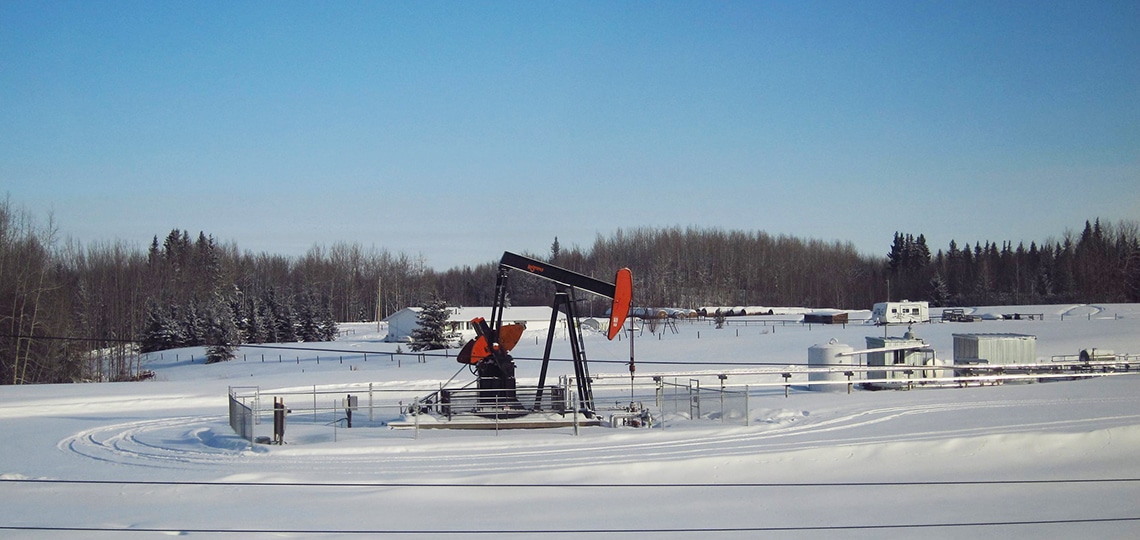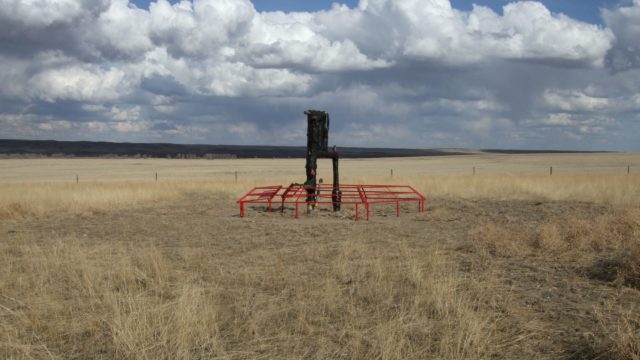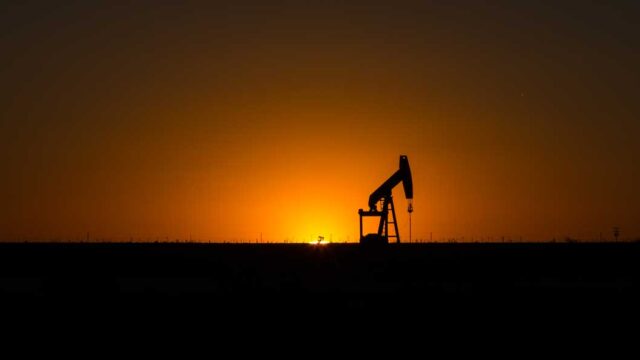Last week, the price of crude oil plummeted to negative $37.63 USD a barrel. As some pointed out, oil was officially cheaper than a roll of toilet paper – an apt summary of the times in which we’re living.
As an environmental lawyer based in Alberta, I’m well aware of the roller coaster ride that is oil and gas prices. In recent weeks, the COVID-19 pandemic has shown, once again, just how fragile and unreliable the province’s reliance on the tar sands is. That’s why, after decades of boom and bust that have made it impossible for Albertans to plan for their futures — not to mention extensive damage to the environment and climate — it’s time to get off this carnival ride.
As most of us know, weathering the COVID-19 crisis and coming out on the side will require governments at both the provincial and federal levels to come together and take coordinated action. We need our politicians to introduce policies and laws that get us through this current moment. But we also need to do this in a way that is sustainable and builds resiliency, so that we can better prevent future disasters and cope with any emergencies that do come our way.
In other words: It doesn’t make sense to address today’s COVID-19 crisis with measures that will make the climate crisis worse in the future.
Fortunately, the federal government has already demonstrated it’s willing to take a thoughtful approach to where and how it spends recovery money – in the short term, at least.
On April 17, the Liberal government announced $1.7B in funding to clean up orphan oil and gas wells, which are left behind when companies go bankrupt or no longer have the money to continue operations, and other inactive wells held by still viable companies.
Inactive gas wells are a major problem for the environment. The longer a well sits inactive, the more likely it is to leak methane — a greenhouse gas that is 84 times more potent than carbon dioxide in the first two decades after its release — to the surface. Inactive wells are also more likely to contaminate groundwater as pipes and cement break down underground over time.
Another problem with orphan oil and gas wells is that, while they sit inoperable, they take up land that people could use for other purposes, such as agriculture. This is especially problematic when companies leave inactive wells sitting on private property. That’s what happened to Albertan rancher Tony Bruder and his family, some of Ecojustice’s longest-standing clients.
The scale of this problem is huge. There are about 95,000 inactive oil and gas wells in Alberta alone. Of those, nearly 18,000 wells do not meet the Alberta Energy Regulator’s standards for inactive wells, despite a five-year push to bring them into compliance that ended earlier this year.
Newly-announced funding for inactive well clean up will, undoubtedly, help ease this problem. The money will support clean ups across the country, creating jobs, freeing up land, and helping the environment in the process. But, while the funding is a smart short-term move, it doesn’t tackle the reasons why there are so many inactive wells across the country in the first place — or why the public should have to step in when companies ignore their own messes.
The fact is, without addressing the source of the orphan well problem by requiring companies to set aside clean up money before they drill a well — and laws and policies that ensure they use this money for that purpose once the well is no longer in use — inactive oil and gas wells will continue to threaten the environment and people across Canada.
As we begin to envision what it will take to rebuild the economy and protect the environment in the long-term, Canadians need more than short-term, clean up thinking. We need a long-term strategy to make sure companies don’t make messes in the first place, a plan for how we’re going to diversify our economy so we aren’t reliant on a single, volatile industry, and a commitment to building sustainable systems that will help us get through future crisis — whether those are pandemics, natural disasters, market crashes, or climate catastrophes — and come out on the other side with our planet, systems, and communities intact.



